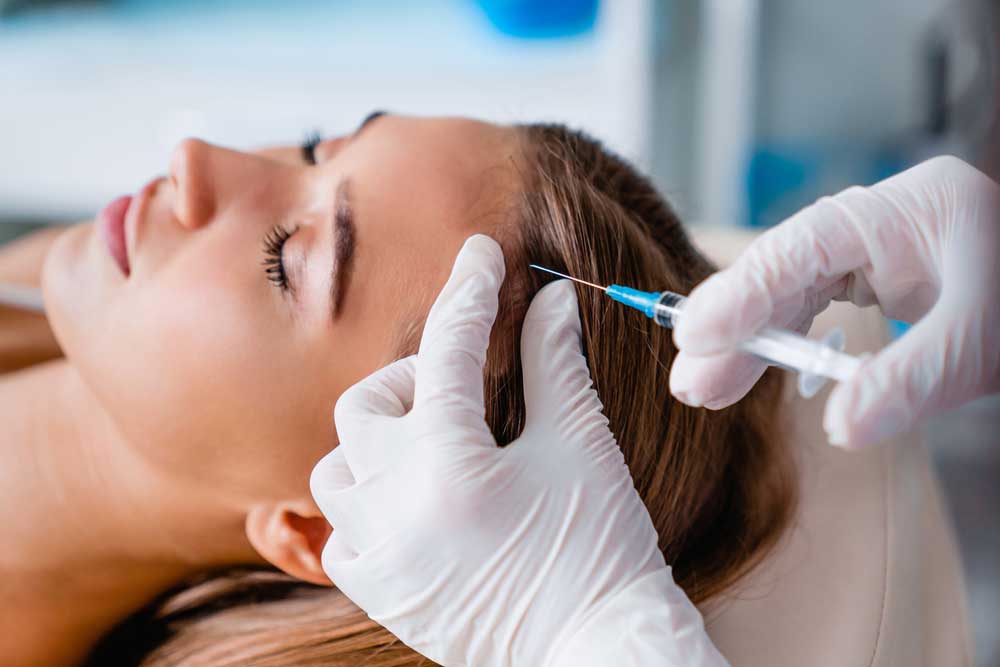Once a person realizes that they are losing a large amount of hair, their first instinct is to try natural remedies to prevent and restore their hair loss. However, in due time, they may reach a point when they feel that these remedies cannot offer them a satisfactory solution for their hair loss. This is when they start to consider hair transplantation as an ultimate solution to their hair loss.
Knowing Your Hair Transplant Needs
However, before starting your hair transplant journey, you need to have as much information as possible about the procedure. You also need to know about the clinic, staff, and the doctor who is supposed to do the process. Apart from these, there are also certain other facts you should be aware of before proceeding with your hair transplant. Firstly, regarding hair transplant surgery, often, one surgery might not be enough for you to get an optimal result. Let us see the key reasons why you might need more than one hair transplant surgery.
You May Like: What Is The Best Age to Get a Hair Transplant Treatment
Reasons for Needing More than One Hair Transplant Procedure
- The primary reason why a future surgery may be required in most patients is because they are at the risk of continued hair loss from androgenetic alopecia. It is always better to discuss this with the patient before performing a hair transplant on him.
- Another reason is that even after the surgery, some patients show poor growth of transplanted hair. This may not be due to a bad technique used but rather because the hair at the recipient area does not grow as well as expected. In such cases, the culprit might be an unrecognized or unexpected medical or dermatologic condition that must be treated first before attempting another procedure.
- Yet another reason why a patient might need a second hair transplant surgery is misinformation and unrealistic expectations. For example, if you expect the same density of hair you once had naturally, your doctor should ideally explain this won’t be possible unless there is sufficient hair in the donor area to do so.
Hair Transplant Can Be Rewarding to Your Looks and Confidence
Undoubtedly, hair transplant surgery can be a rewarding experience by playing a significant role in improving your looks and confidence. Thousands of people from around the world have benefited from it. However, it’s important to consider the possibility that one surgery might not be enough to keep you covered for a lifetime.
Getting a Hair Transplant
If you are looking for a skilled and comprehensive hair transplant doctor in Freehold, NJ, we can help you. At New Jersey Hair Restoration Center, we provide FUE Hair Transplant, FUT Hair Transplant, PRP Therapy, and several other treatment options personalized per individual patient’s needs. You can call us right away, and our hair experts will be more than happy to help you.
Here are some frequently asked questions from our clients regarding hair loss.
Can We Do Hair Transplant Twice?
Yes. You can do multiple hair transplantations if you have adequate hair in your donor area.
How Long Does Hair Transplant Last?
Once the hair transplantation is carried out successfully, the transplanted hair functions just like natural hair. It usually sheds between 2-4 weeks of transplant. Once this shedding phase is over, the roots of the transplanted hair begin to sprout hair naturally, which will continue for the patient’s lifetime.
Also Read: When Can I Color My Hair After A Hair Transplant Treatment?
Do Hair Transplants Have to Be Repeated?
Yes. In some cases, the transplanted grafts die out due to various reasons. This means they might need a repeat procedure. Some people may need several surgical sessions to achieve desired results. A 7-month interval is typically recommended by hair restoration experts between each session.
See Also: How to Sleep After a Hair Transplant Procedure?
Do Hair Transplants Work Permanently?
The answer to this question may differ depending upon several factors. Ideally, if the patient has enough healthy hair in their donor area, these are transplanted successfully to the recipient area, which accepts them without any complications. The results are usually noticeably long-lasting and are mostly considered to be permanent. However, note that this procedure is time-consuming and involves a healing and recovery process


